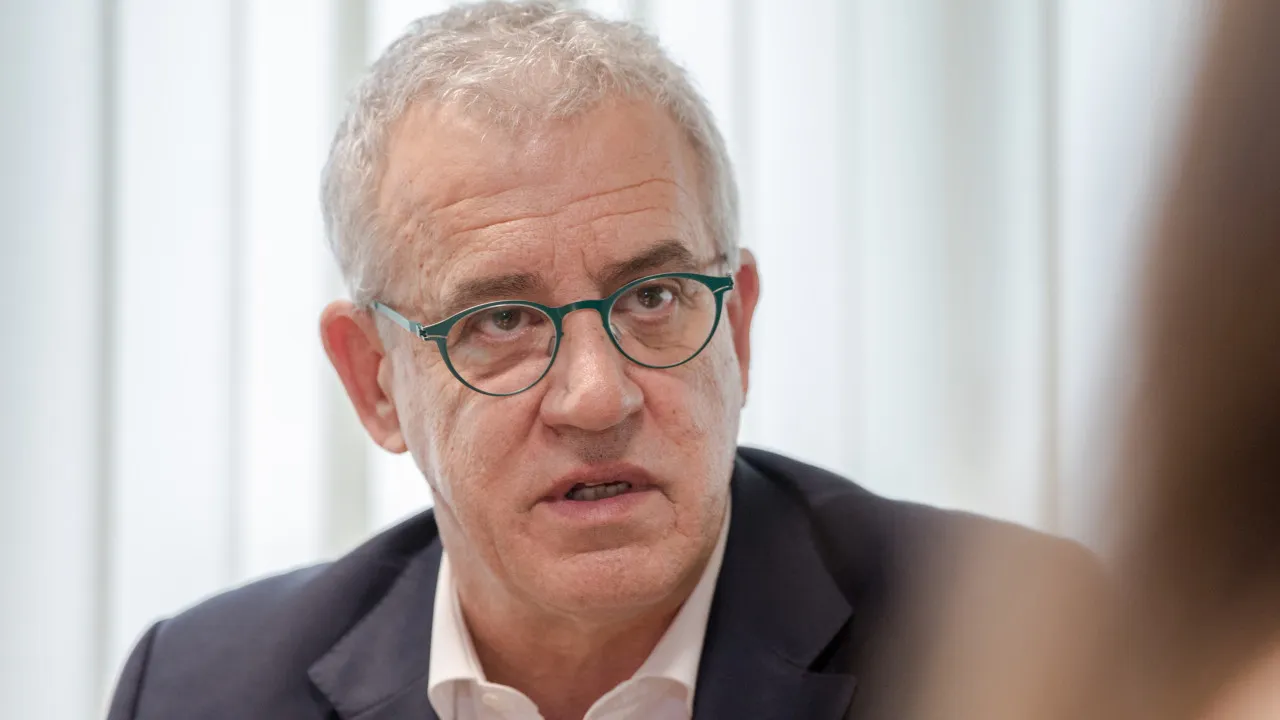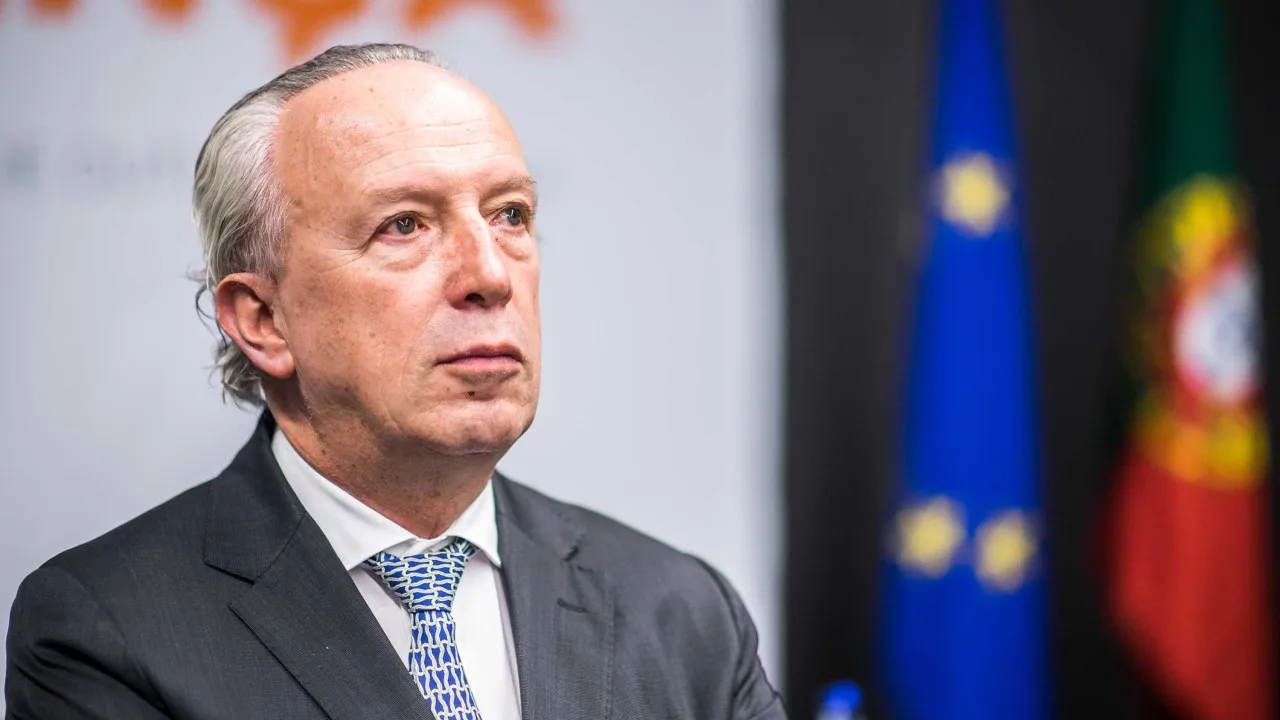
Nicolau Santos addressed the parliamentary committee on Culture, Communication, Youth, and Sports following the resignation of the television information management department and the company’s reorganization, prompted by requests from Livre and PS.
The ERC’s opinion on Monday stated that this decision by RTP’s Board of Directors aligns with its competence, with legitimacy to implement the organizational changes and because the appointed directors have professional backgrounds qualifying them for their respective roles.
He emphasized that the RTP Board of Directors acted within its rights in proposing a new organizational structure and new directors.
“What we are doing is fulfilling the Strategic Project, the strategic guidelines approved by the CGI and passed onto the Board, which suggested restructuring the format for daily and non-daily information,” focusing on organizational rethinking and restructuring of work models and structures.
He stressed that these guidelines instructed them to deepen content convergence between radio, television, and online audiovisuals, and to prioritize RTP’s digital transformation process.
Santos emphasized that they are strictly following the CGI’s strategic guidelines, the entity to which they are accountable.
Nicolau Santos recalled that this governance model of RTP, overseen by the CGI, was created by then-minister Miguel Poiares Maduro during Pedro Passos Coelho’s government.
This model, similar to the BBC’s, aims to prevent political influence over RTP’s operations.
When Nicolau Santos became RTP president in June 2021, António José Teixeira was already television information director, chosen by the previous administration that included Hugo Figueiredo.
He clarified that the issue is not António José Teixeira’s credentials but a new cycle starting based on these strategic orientations.
This new cycle requires a novel vision, energy, and capability to understand the transformations and work across different areas to implement fundamental orientations for safeguarding public service in Portugal.
Regarding RTP3 and its audiences, the president explained that audience performance was not the reason for the television information department’s dismissal, indicating a comprehensive evaluation.
RTP will not publicly evaluate its staff, but Santos pointed out existing facts. GfK’s audience report indicated that RTP3 did not show increases across time slots, maintaining 0.9% in the afternoon—a fact not used as the basis for leadership changes.
This analysis was part of the overall assessment, he noted.




